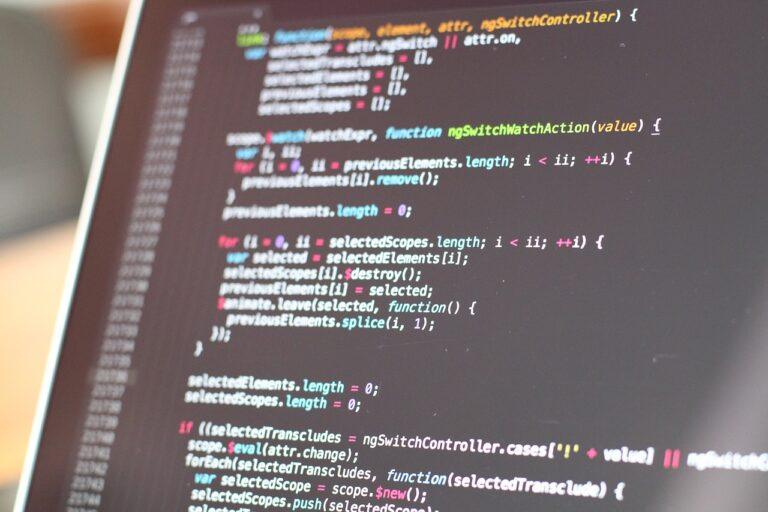Dr. Jerome Rousselet, the founder of Jita, a blockchain consulting firm, recently pointed out that “it is easy to take the whole Bitcoin source code, modify the project name and launch a new cryptocurrency that is 99.99 percent identical ‘under the hood’.”
Rousselet, who earned his Phd in theoretical computer science from the Swiss Federal Institute of Technology in Lausanne, explained that it’s easy to copy Bitcoin because its source code is open-source.
Bitcoin Copycats
In fact, cryptocurrencies such as litecoin, bitcoin cash, and dash mostly just “tweaked the mining process”, modified their block sizes, and “positioned” themselves differently by using a “big marketing push”, Rousselet said.
The former chief revenue officer at Mycelium, a London-based bitcoin wallet provider, noted that some cryptocurrency platforms have introduced new features such as “verifiable” smart contracts and support for DApp (decentralized application) development. They include Tezos, Zilliqa, ZenProtocol, among others.
“Overestimating” Market Demand
However, these so-called “blockchain 2.0” platforms have not yet deployed a DApp that is being widely-used and is considered useful. Commenting on the recent trend by DApp development companies to create their own blockchains, instead of using Ethereum’s network, Rousselet said that these firms have “underestimated the complexity of running such projects and overestimated” their current addressable market.
According to the former senior software engineer, there are three segments in the crypto and blockchain space. These include:
- the protocol layer: the cryptocurrency platforms,
- infrastructure: crypto exchanges, wallets, mining equipment manufacturers and miners, custodial solutions,
- distributed applications: B2B, B2C services
Rousselet believes that “trying to address two layers is very challenging” and there may be “a high risk of losing focus and under delivering.” Going on to explain the current state of development in the crypto industry, the computer scientist said that bitcoin has managed to “position itself as a store of value.”
EOS May Attract Many Experienced Developers
Meanwhile, litecoin (LTC) has become a sort of testnet for bitcoin as many “controversial” new features are first being tested on its network before being introduced on Bitcoin’s blockchain, Rousselet said.
Per the crypto entrepreneur, Ethereum still dominates the smart contract/DApp market, however, it must scale effectively and “deliver real innovation in terms of decentralized governance and tokenized economic models.”
Rousselet further noted the EOS project has the potential to attract many experienced C/C++ developers who could make meaningful contributions to its platform. It was not as simple for them to contribute code to the Ethereum project because it uses its own programming language called Solidity – which most programmers are still not familiar with.









